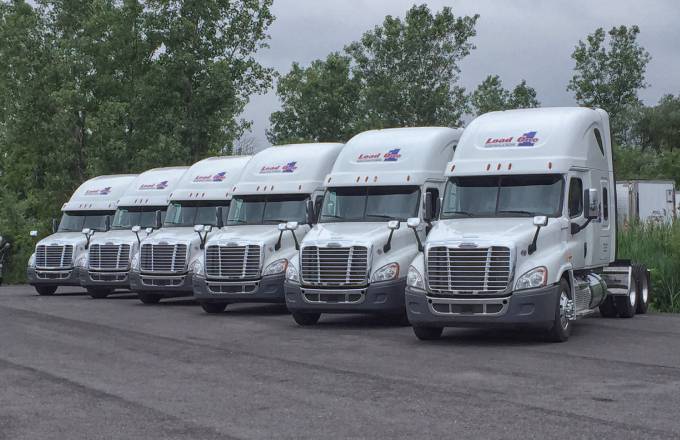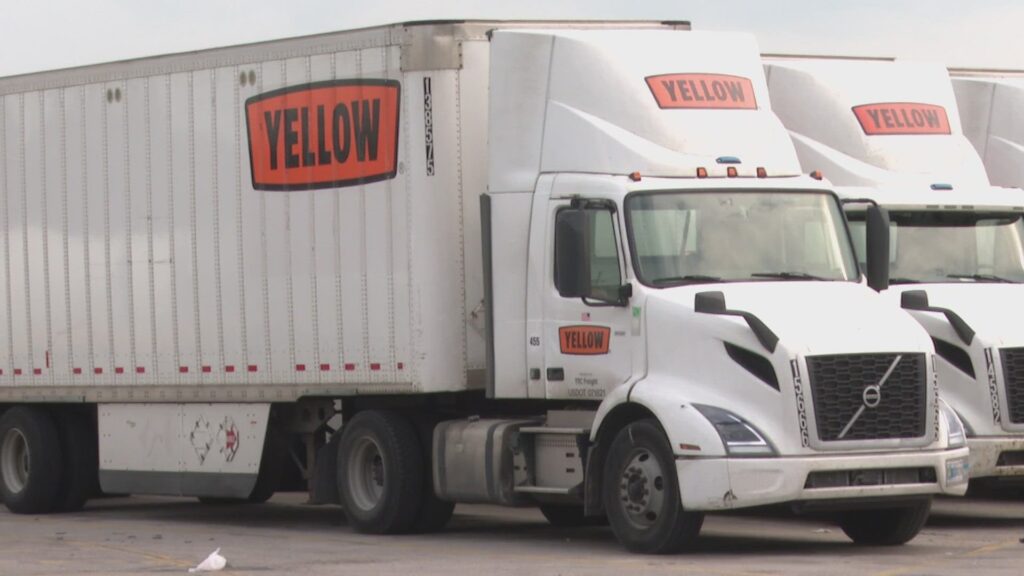
Yellow Freight Company: reflecting on the State of the Trucking Industry and the Role of Load One
The recent closure of Yellow Freight Company, a large player in the logistics and transportation industry, has sent shockwaves through the supply chain sector. This event is a stark reminder of the challenges faced by the trucking industry and a familiar story that has played out many times in the past and will surely repeat itself in the future.

The Immediate Impact of Yellow Freight’s Closure
Yellow Freight Company has been a critical cog in the supply chain machinery for countless businesses for almost 100 years. Its abrupt closure is likely to disrupt the supply chains of numerous companies that relied heavily on its services, leading to potential delays in shipments and increased costs.
The closure of Yellow Freight is not an isolated incident or one that’s unfamiliar. In 2019, a total of 795 trucking companies went out of business, a significant increase from the previous year. This trend was primarily due to a combination of factors including lower freight rates, increased insurance costs, and a slowdown in the manufacturing sector. These factors squeezed profit margins, making it difficult for many trucking companies to stay afloat.
While there were numerous factors contributing to the ultimate demise of Yellow, many of these same situations are playing out in 2023 and Yellow is only the most recent of a string of closures that have already occurred this year.
Long-Term Implications for the Supply Chain
The implications of Yellow Freight’s closure extend beyond the immediate disruptions. With one less competitor in the market, there will most likely be an increase in freight rates due to reduced competition. Additionally, the closure could lead to a redistribution of freight volumes among the remaining carriers, potentially leading to capacity issues and further delays.
To understand the potential impact of Yellow Freight’s closure, it’s helpful to look at similar instances in the past. The closure of major freight companies like Consolidated Freightways and Eastern Freight Ways had significant impacts on the supply chain. However, these past closures also demonstrated the resilience and adaptability of the logistics and transportation industry as a whole.
Load One: Where we can help
In the midst of this upheaval, Load One remains a stable carrier focused on providing a best in class service. With one of the largest asset based fleets in North America for time critical shipments, a robust network of partners and a wide range of services, Load One can provide the necessary logistics support to help minimize the impact of these disruption to supply chains. Load One has navigated many of these cycles in our 20 years as a carrier, and we know how to effectively navigate the level of disruption that plays out as a result.
Load One’s advanced technology platform offers real-time tracking and updates, ensuring transparency and reliability – a critical factor for businesses in managing their supply chains. Moreover, Load One’s commitment to providing flexible and efficient solutions can help businesses navigate this challenging transition period.
Capacity Management and Smooth Transition
Load One’s ability to react swiftly to customers transportation needs can help mitigate potential capacity issues arising from the redistribution of freight. By leveraging its extensive network and resources, Load One can ensure the smooth movement of goods across the country when a load becomes critical.
Final Thoughts
The closure of Yellow Freight Company is undoubtedly a significant event with potential impacts on supply chains. Companies like Load One are stepping up to ensure that the supply chains continue to function efficiently. This situation underscores the importance of having a diversified logistics strategy and the value of companies like Load One that can provide stability during times of disruption.
